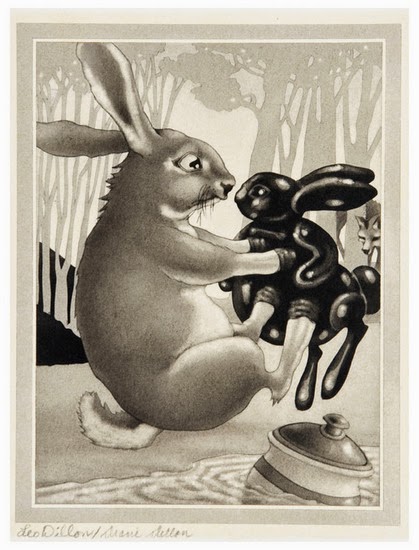
| 
|
The Evolution of Eillya
I. Enslaved
I was born color-blind;I came out of the womb that way…
This rainbow of color was forced upon my mind
Not an instant process, but slowly over time.
The girl in my class—
The one I saw everyday
I don’t know what possessed her,
I don’t know what suddenly changed!
But she submerged my head in the sea of colors
Their brightness blinding my blinded eyes
And I drowned somewhere beneath its colored tide
Rolled and churned, swept out to sea
The weight of blackness entangled me.
nigger shackled my legs, my arms…
--It’s impossible to move.
And there in the distance,
Schools of fish simply staring at me…
They spit the salt I’m forced to inhale
While I choke on false assumptions
There’s a fire in my lungs...
But I’m tangled and mangled,
Shackled and shamed
Sinking further and further beneath the wave.
II. Enlightened
But my roots run deepTwisting and turning,
Entangled in the lost legacy…
She told me to rise
Because I have the strength
She told me to go where I've never been
Because I have the vision
She told me to sit when I’m at my limit
Because I’m not invincible
She told me to take control, claim my own power
Because I am.
And we—
She and I,
My mother
Grandmother
Aunt
Sister
We grow strong
Into this old, proud tree.
The wind blows
And my leaves may drift away
But my branches never break
My trunk never bends.
I am defiant
I am tall.
I want the world to see
To stand in awe beneath my shade
Never to ask what manner of tree is this,
But to know us by our rightful name.
III. Emancipated
As storms roll across the sky,Raindrops pelt my branches
Lightning tickles my spine
And I melt away in the rolling drops—
I take flight above my tree-top
And the world disappears beneath me.
Their opinion burns as the lightning strikes
Red fire. Gold flames.
Orange and yellow dancing
To the beat of a lioness’ roar
I have become her.
Nature’s answer to pain and pride—
Not quite enough to dispel the color
Not quite enough to completely free my eyes…
But I fly and I glide,
And I dance high, higher in the clouds.
The world doesn't exist anymore
Just me: nature’s tears
And I’m free.
The Failure of History
Race in America is a touchy subject. Everyone feels like their problems are being overlooked, and we all point fingers as we look for someone to blame. There's anger and pain, but there's also pride. We are born as individuals, we discover race, and then we seem to lose our sense of humanity. It is strange that I can be upset when people do not recognize me as a black person, but be equally as upset when people make assumptions about me due to my blackness. This is the insanity that the construction of race has brought upon society.We live a world with many races, and these races all contribute to the history of mankind. In the United States, history is taught from a white perspective, holding in high esteem men like Christopher Columbus [1, 2] and Andrew Jackson [3,4]. Atrocities like the Trail of Tears [5] and the effects of slavery are glossed over in favor of promoting "The American Dream." In American Literature the only books we read not written by whites are from the Harlem Renaissance, as though that was the only time period in which black authors existed--and we never read books by Asian, Native, or Hispanic authors.
The history of a race should not be confined to a single month. History should include all of mankind, it should include both sides of the story, and it should not be glossed over. We must discuss the bad as well as the good, the minority as well as the majority. We will never be a united country as long as we try to hide, ignore, and excuse our history. Just because today is the last day of Black History Month, doesn't mean that you should wait until next year to teach and to learn black history. Just because there isn't a history month for other minorities, doesn't mean that you never teach or learn the history of other minorities. #EducateYourself
References
[1] The Truth About Christopher Columbus[2] Columbus Controversy
[3] Indian Killer Andrew Jackson Deserves Top Spot List Worst US Presidents
[4] Andrew Jackson, Slavery, and Historians
[5] The Trail of Tears
[6] Andrew Jackson: Lies my Daughter Endures
[7] 5 Racist Historical Icons








































